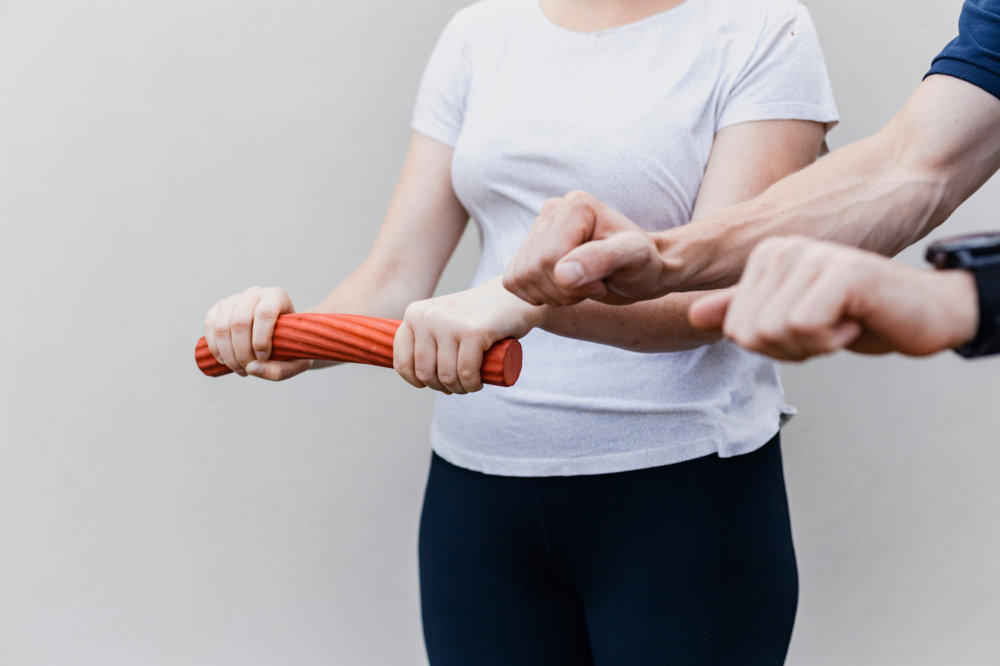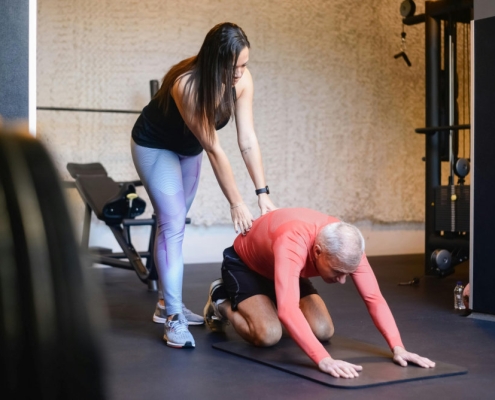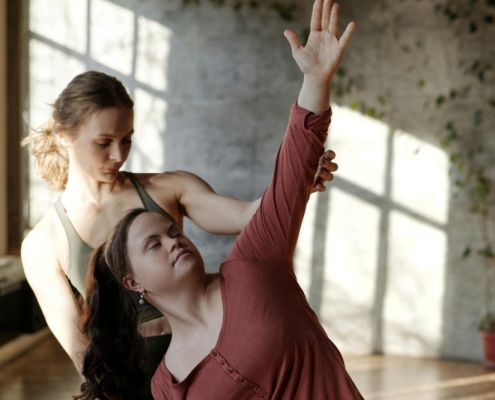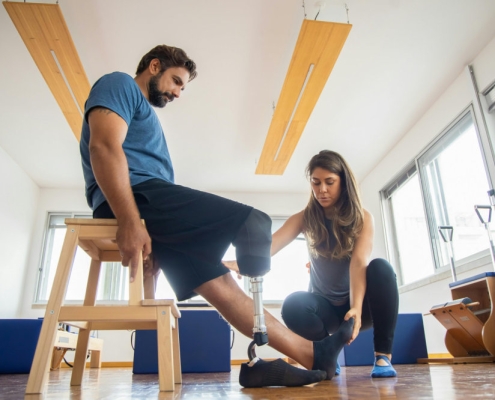What is Occupational Therapy?
Occupational therapy helps individuals of all ages perform daily activities with greater independence and less pain or discomfort.
Whether it’s recovering from an injury, learning adaptive strategies, or improving skills, our occupational therapists work with you to overcome obstacles and improve your quality of life.
Who is Occupational Therapy Suitable For?
Ideal for individuals recovering from injury, surgery, or illness, people with disabilities, or those experiencing difficulty with daily activities due to age or health conditions.
Improve your daily function and independence with occupational therapy. Book your consultation today and start your path to greater independence.












